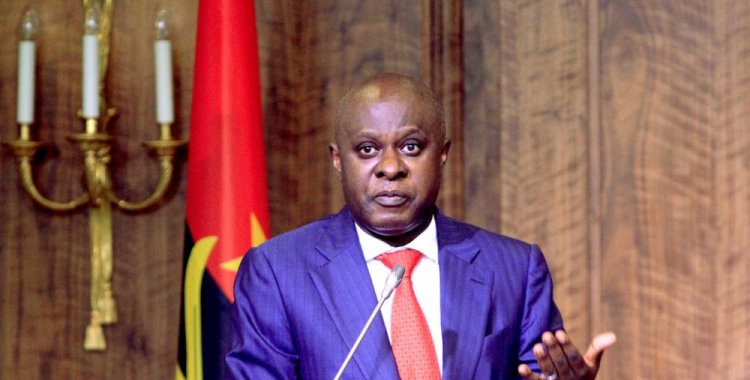In an interview published this Wednesday in Jornal de Angola, the official recalled that since 2016 the country "has been experiencing an economic recession", constituting a "difficult and complex economic and social situation, and that has to do with the weight of the oil sector in the country's economic structure".
However, he added that the "political and economic reforms carried out by the Executive since the end of 2017, when he took office, in addition to having managed to achieve macroeconomic stability, are beginning to bear the first fruits from the point of view of the real economy, that is, that is, the sector in charge of the production of goods and services".
Furthermore, he also noted that the reforms initiated by the Macroeconomic Stabilization Program (PEM) "allowed the elimination of the main structural and conjunctural imbalances" of the national economy, "leading to the recovery of fiscal surpluses and the balance of the foreign exchange market, giving the country greater robustness and resilience to external shocks".
Manuel Nunes Júnior also highlighted that the Government had the support of the International Monetary Fund (IMF), within the scope of the Extended Financing Programme.
During the interview, the minister indicated that even "in the context of a pandemic, constraints in the provision of production factors and less favorable weather conditions", the agriculture, fisheries, trade and industry sectors "have maintained positive growth rates".
He also mentioned that the transport and logistics, tourism and hospitality sectors, the most affected by the pandemic, also "already show a recovery pace above the regional trend, demonstrating that the national economy is increasingly resilient".
The Minister of State for Economic Coordination, in an interview with Jornal de Angola, admitted that the measures to mitigate the socio-economic impacts of the pandemic helped to make the economy more resilient: "In April 2020, with the entry into force of the State of Emergency , measures were immediately adopted to mitigate the socio-economic impacts of the pandemic, of a fiscal, monetary nature and to support the productive sector and the business community, which were fundamental to making our economy more resilient".
Manuel Nunes Júnior emphasized that "from a fiscal point of view" the country "has managed to balance the accounts", adding that Angola "presented successive budget deficits from 2014 to 2017, with positive budget balances from 2018 to 2021", with the exception of 2020 , because of covid-19.
"Between 2014 and 2016, the difference between the official exchange rate and that of the informal market was huge: it reached 150 percent at the end of 2017. This differential has decreased significantly, and is now below 12 percent, with a downward trend", informed.
The official pointed out that "the distortions that affected the foreign exchange market were eliminated, since the access of economic agents to foreign exchange is now done without any administrative restriction".
He also added that the "artificial overvaluation of the kwanza against the basket of currencies of our economic partners" was reduced, explaining that the "gap in the real effective exchange rate went from -71.6 percent, in 2017, to -2.15 percent, in September 2021", in the case of a significant advance, "which made the purchasing power" of the national currency more real in relation to the main foreign currencies.
Regarding forecasts for this year, Manuel Nunes Júnior mentioned the growth, in the order of 2.4 percent, of the economy: "Our forecasts point to 2.4 percent, thanks to growth both in the oil and gas sector, of non-oil, by 1.3 percent and 3.1 percent, respectively".







